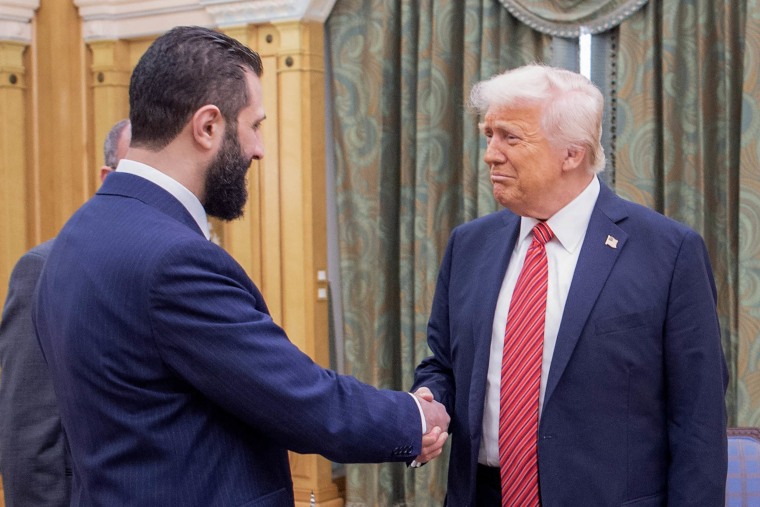RFK Jr. Faces Congressional Scrutiny: Budget Cuts, Public Health, and Political Impact

The name RFK continues to spark intense debate across the American political landscape. Recently, Robert F. Kennedy Jr., serving as Secretary of Health and Human Services, took center stage before Congress to address sweeping reforms, health program cuts, and contentious public health issues. This article unpacks the latest hearings, examines the policy disputes, and considers the broader implications of RFK's leadership.
RFK Jr. and the Spotlight: Congressional Hearings
RFK Jr.'s recent testimony drew bipartisan attention. Lawmakers pressed him on deep budget cuts—particularly those affecting medical research and staffing at prominent health agencies. As CNN detailed, Kennedy faced pointed questions about the cancellation of billions in research grants and mass layoffs. He responded by defending the slashes, claiming they targeted redundancies and would streamline government operations. Yet, he also distanced himself from the most drastic moves, highlighting programs he insisted on protecting. Read more in CNN's comprehensive coverage.
Contentious Issues: Vaccines, Research Cuts, and Public Trust
The hearings weren't limited to budgets. Lawmakers and the public demanded clarity on RFK Jr.'s stances regarding vaccines, artificial food dyes, and water fluoridation. His refusal to strongly endorse vaccinations, amid ongoing outbreaks, drew harsh criticism from both Democrats and public health advocates. According to NBC News' live updates, Kennedy stood by his right to present "pros and cons," but many found his stance lacking the urgency required by current health crises.
In addition to vaccine skepticism, Kennedy announced plans to phase out artificial food dyes and suggested the removal of fluoride from drinking water. These positions have ignited debates among scientists, dentists, and food manufacturers. Critics point to established science supporting the safety and benefits of these practices, while Kennedy insists that emerging data warrants a more cautious approach.
Political Ramifications: RFK’s Influence Grows
RFK’s handling of controversial health policies dovetails with broader shifts in U.S. politics. As outlined in a detailed New York Times report, his approach signals a new era of governmental cost-cutting, but also provokes sharp divides within both parties. Some view his actions as overdue reforms; others see them as reckless attacks on vital health infrastructure. Congressional leaders on both sides are now reassessing their strategies on compromise, public messaging, and how best to hold cabinet officials accountable.
The Bottom Line: What RFK’s Testimony Means for the Future
RFK Jr.’s bold, sometimes controversial, choices will continue to shape the direction of U.S. health policy and politics. His tenure is forcing lawmakers, experts, and the public to re-examine priorities, from funding lifesaving research to winning the battle for public trust in health guidance. As decisions ripple through government agencies and daily life, RFK remains at the forefront of one of America’s most pressing debates.
To stay updated with in-depth coverage of RFK and his influence, follow live reports and expert analysis from CNN, NBC News, and The New York Times. The story of RFK's impact is far from over—now more than ever, staying informed matters.